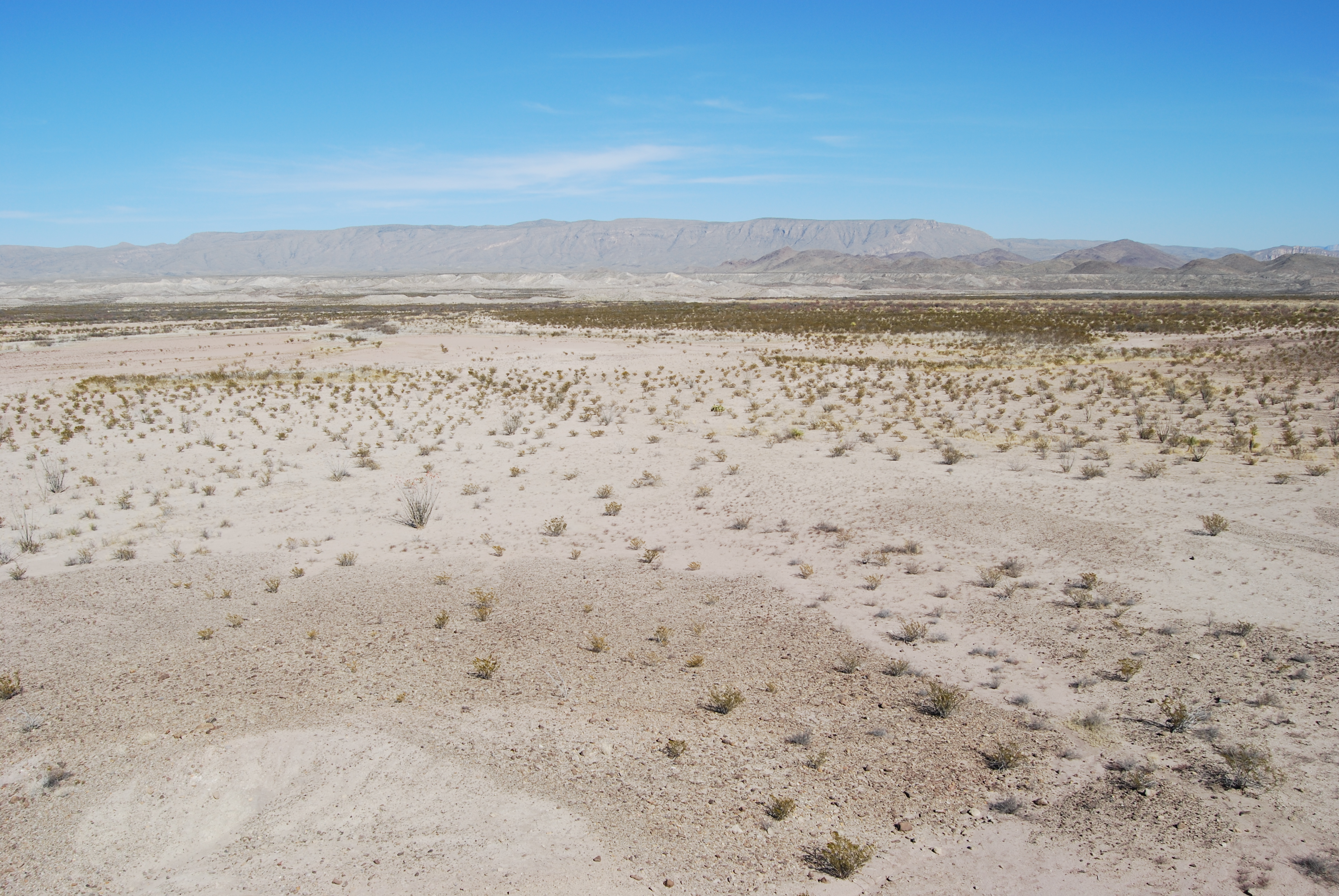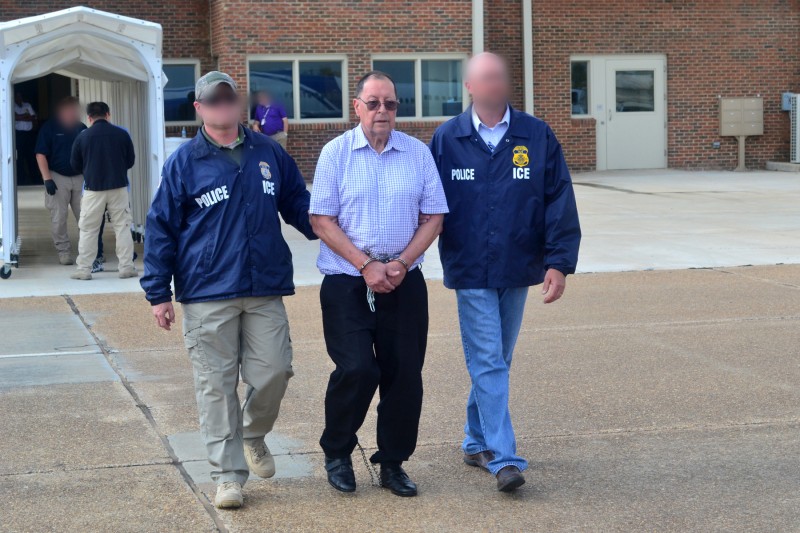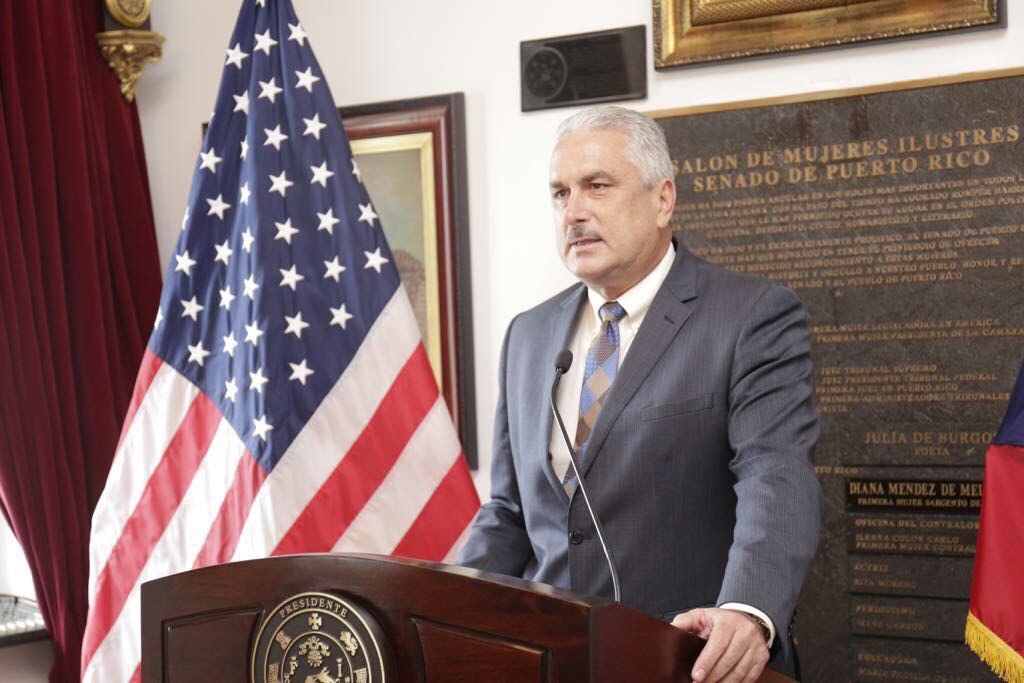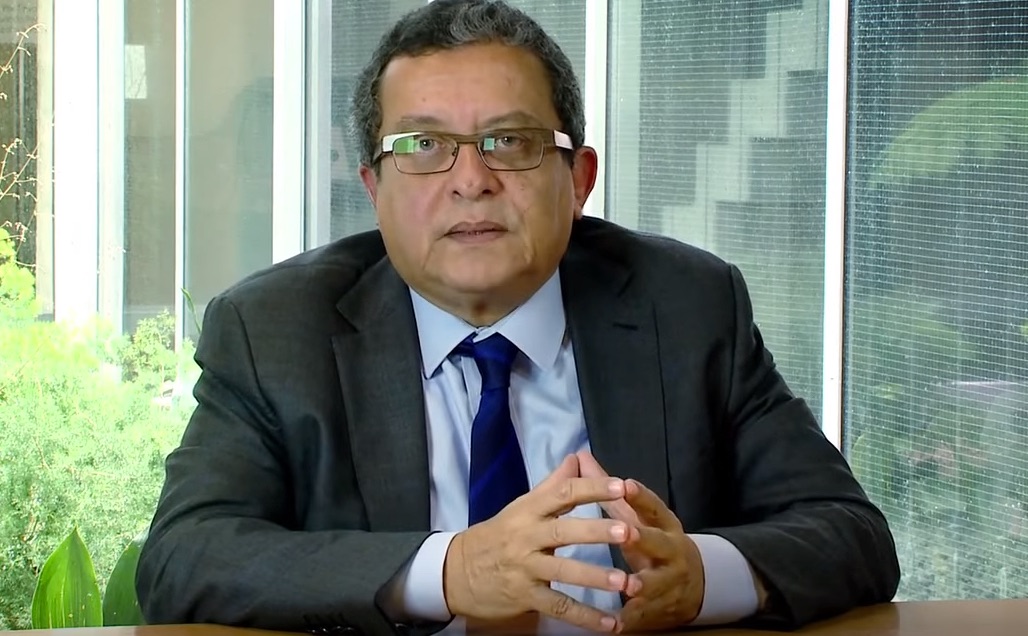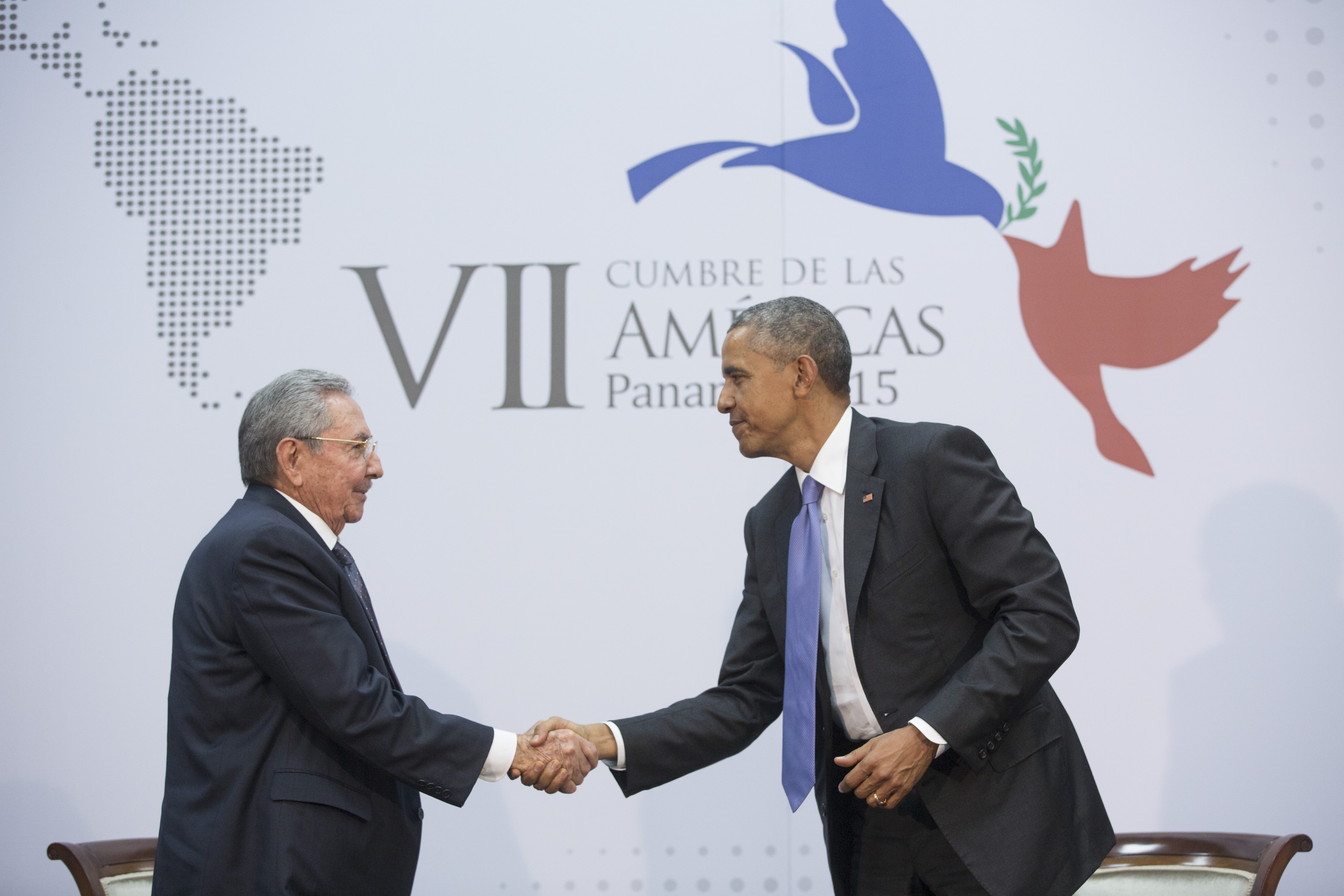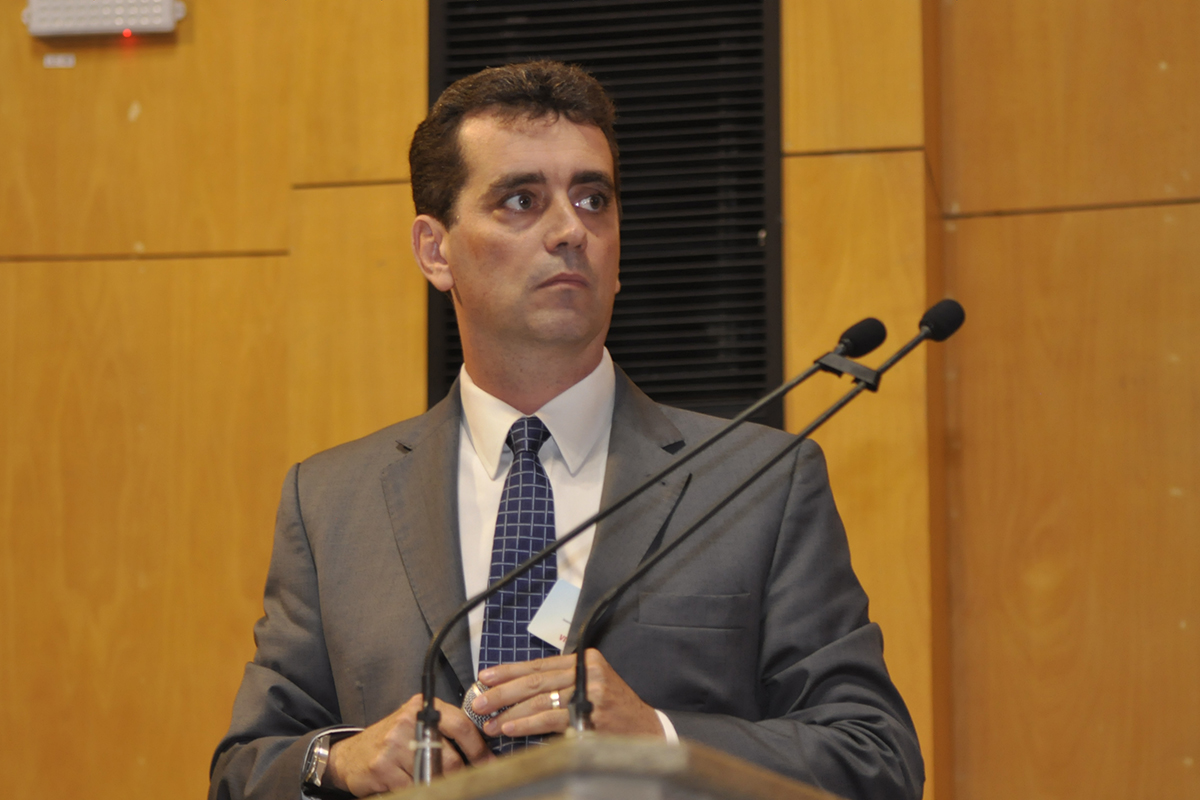
Brazil, Latin America: Week in Review, Southern Cone
Top Mining Executives in Brazil Charged with Homicide Over November Dam Burst
February 24, 2016 By Staff
Top Story — Brazilian police charged the president of the Samarco mining company, five company executives and one contractor with aggravated homicide on Tuesday for the deaths of at least 17 people caused by two of their dams bursting in November. Samarco President Ricardo Vescovi and the six other men were also charged with causing a flood and polluting drinking water in the southeastern state of Minas Gerais, where the disaster took place, and in the neighboring state of Espírito Santo. Overall, police blamed the dam’s failure on its rapid expansion without proper monitoring.
The charges came hours after a judge ordered Samarco — operated by two multinational mining companies, Brazil’s Vale and the Anglo-Australian BHP Billiton — to pay two billion reals for damage caused in Espírito Santo. On Feb. 11, a Minas Gerais judge froze the company’s assets to ensure its payment of a 20 billion-real settlement to federal and state governments.
The burst caused massive damage throughout the region, flooding towns
with rust-colored sludge. Duarte Júnior, mayor of one of the affected cities told The New York Times, “If the dam had collapsed at night, everyone would have died.”
Two United Nations experts who inspected the scene in the aftermath of the flooding found that the sludge “contained high levels of toxic heavy metals and other toxic chemicals.” According to John Knox, U.N. Special Rapporteur on human rights and the environment, “The scale of the environmental damage is the equivalent of 20,000 Olympic swimming pools of toxic mud waste contaminating the soil, rivers and water system of an area covering over 850 kilometers.”
The official police report on the incident faulted excess water in the dam, substandard oversight of operations and mechanical failure. It also confirmed the man-made nature of the accident, eliminating the possibility that it was caused by any minor earthquakes. Samarco has yet to comment on the police report.
Headlines from the Western Hemisphere
North America
- U.S. President Barack Obama defended a Pentagon-authored plan that would close the military prison at Guantanamo Bay, attempting to persuade Congress to give the proposal a “fair hearing” amid strong opposition from lawmakers who do not want detainees transferred to the United States.
- Two major hospitals in Texas announced Tuesday that they have developed the first hospital-based rapid test for the Zika virus, which can help speed up diagnosis and treatment.
- Alfredo Beltrán Leyva, an accused leader of the Sinaloa drug cartel and suspected former ally of Joaquín “El Chapo” Guzmán, pled guilty in a U.S. federal court to shipping tons of cocaine to the United States in exchange for weapons.
- A video of Spanish pop star Alejandro Sanz getting off the stage during a concert in Rosario, Mexico, to confront a man who was allegedly attacking a woman in the audience has gone viral, generating many tweets about preventing gender violence, a message that is particularly salient in Mexico.
Caribbean
- Ramón Castro, older brother of Cuban leaders Fidel and Raúl Castro, died at the age of 91, according to a Tuesday Cuban state media announcement.
- The Associated Press reports on a drought that has been devastating the Haitian countryside for the past three years, causing the lowest crop yields in decades and forcing many to go hungry.
- Sarah Kershaw, a U.S. citizen who had worked for over ten years as a New York Times reporter, was found dead in her apartment in Sosua, Dominican Republic, from apparent asphyxiation. The official cause of death will remain unknown until autopsy results, which are expected to take several days.
- NPR headed down to Puerto Rico to investigate the effects of a policy that has made condom price-gouging illegal in the U.S. territory in an effort to prevent the spread of the Zika virus.
Central America
- Police in Honduras arrested eight people Tuesday, including a mayor and former policeman, for suspected connections to the Mara Salvatrucha gang.
- In an effort to reduce overcrowding in the country’s jails, Nicaragua has released over 8,000 prisoners on parole since 2014, all of whom had previously been given light sentences of five years or less.
Andes
- Results in Bolivia’s referendum to allow President Evo Morales to run for a fourth consecutive term remain in the “no” camp, with 52 percent of voters rejecting the initiative with 95 percent of votes tallied.
- Peru’s President Ollanta Humala called the Brazilian ambassador to the country in for a meeting following the media revelation that Humala has been connected to a Brazilian company under investigation in the corruption probe colloquially known as Carwash.
- An NPR report examines the tense relationship between Colombia and Venezuela as they combat the Zika virus separately, despite a situation that has seen virus-infected Venezuelans cross the border to Colombia in order to receive medicine that is in short supply in their home country.
Southern Cone
- The World Health Organization’s director general commended the Brazilian government for their collaboration with the international health community and the Olympic committee to eradicate the mosquitos that carry the Zika virus ahead of this summer’s 2016 Rio de Janeiro Olympics, stating that she was “confident” the government can provide athletes and tourists maximum protection against the virus.
- The economy minister of Argentina’s center-right government has announced that the government will issue $15 billion in bonds in order to pay back creditors who have held a dispute with the country since it defaulted on its loans in 2001.
